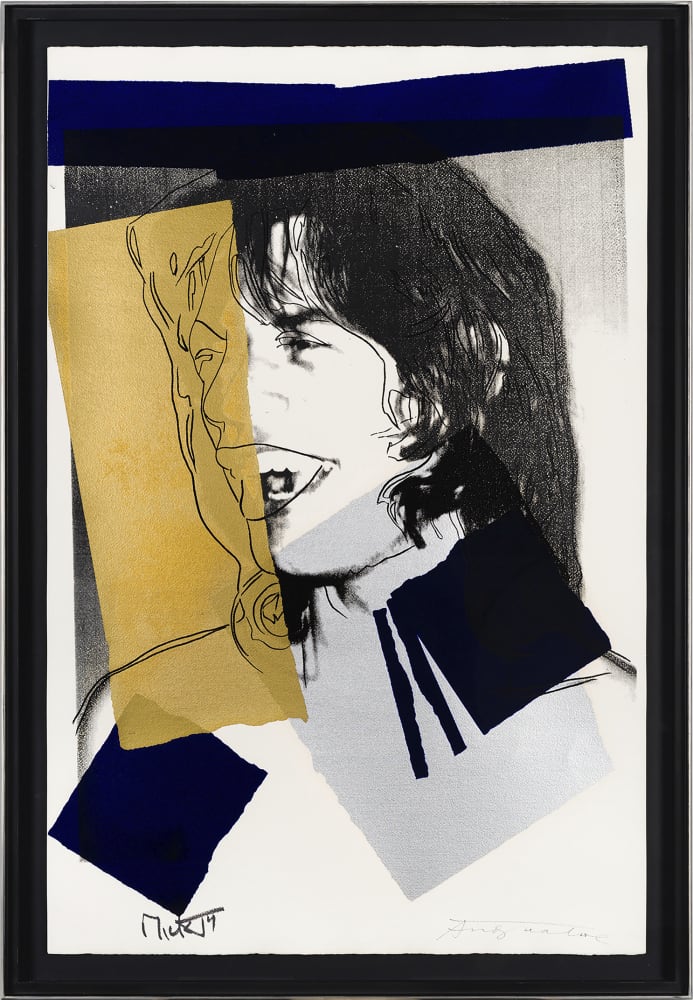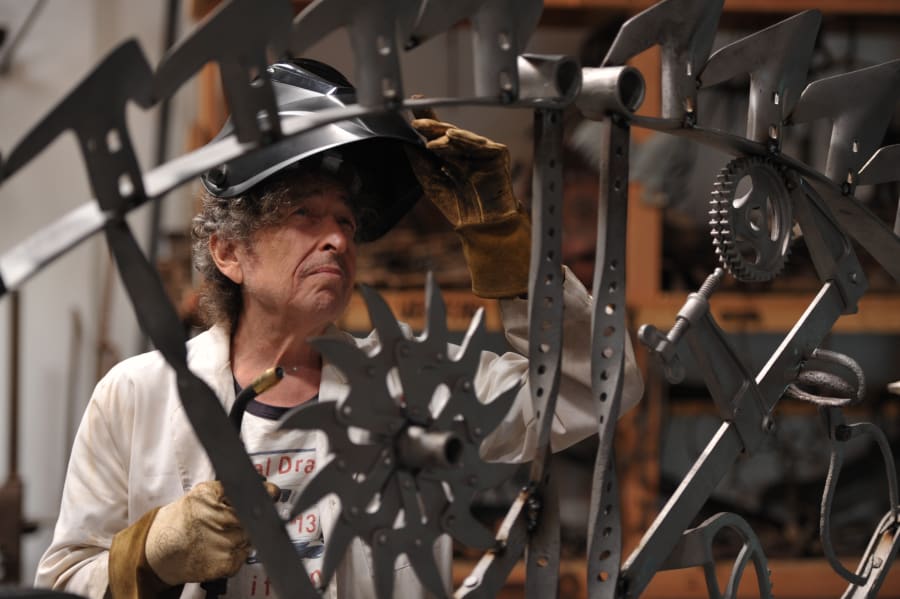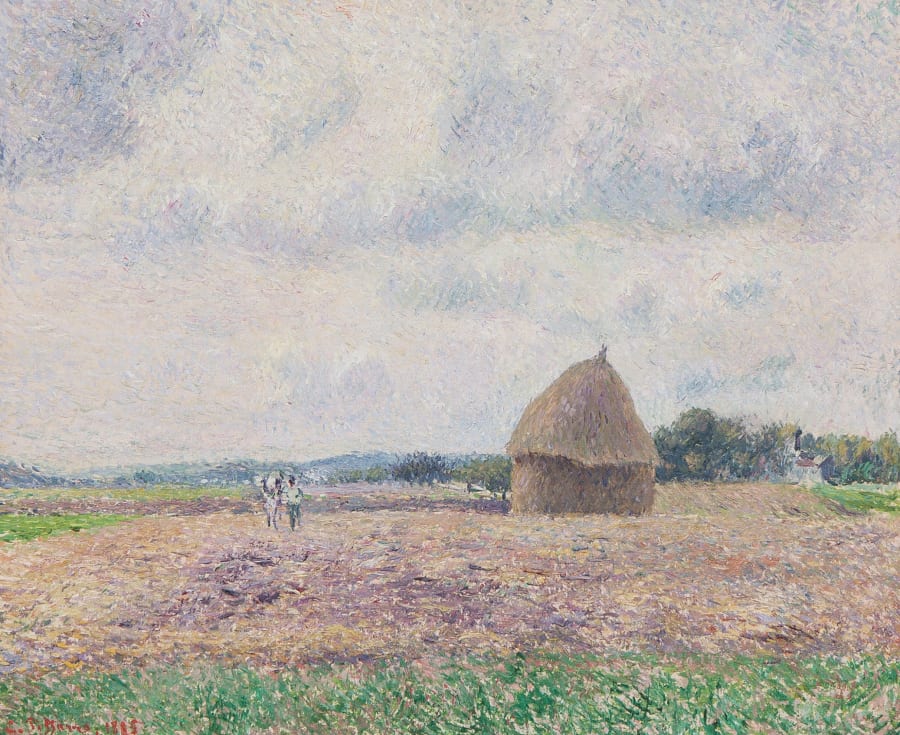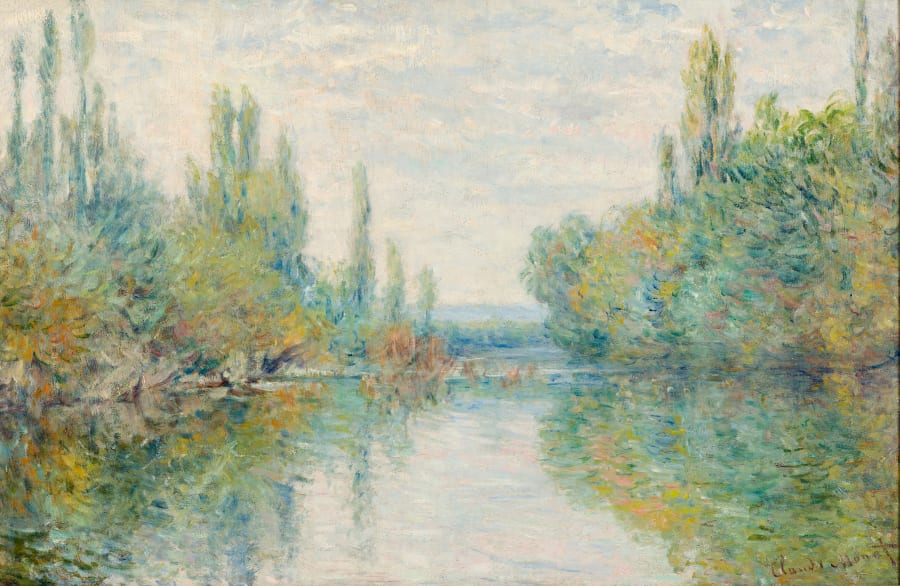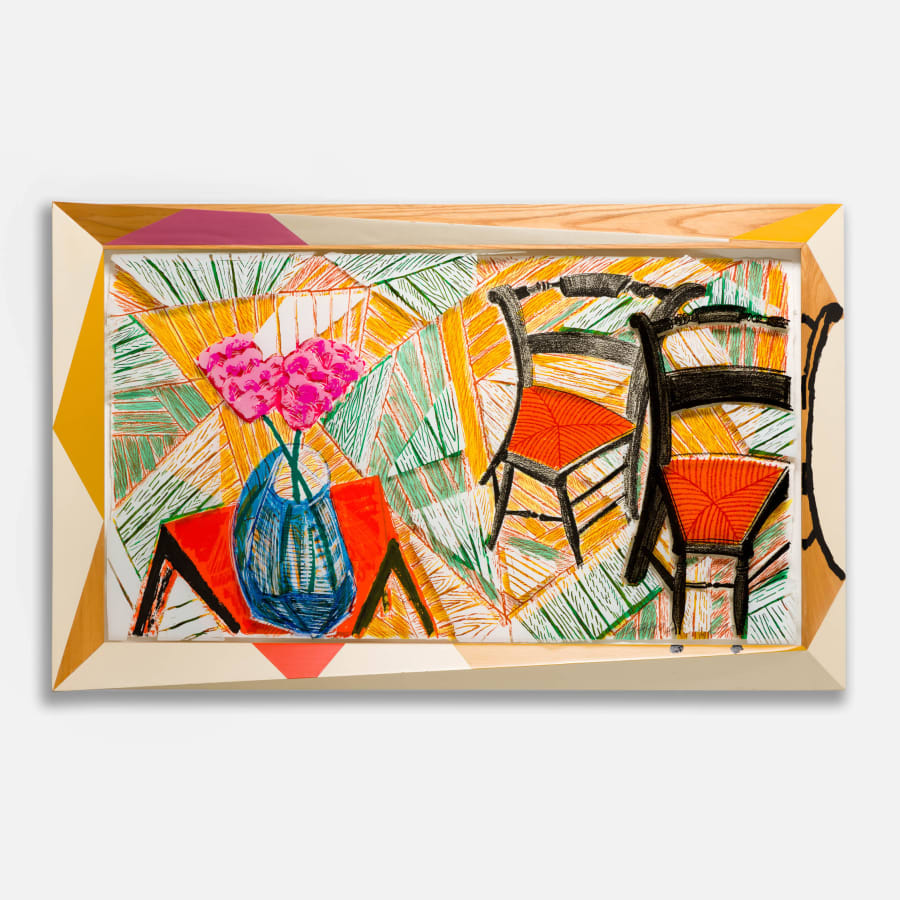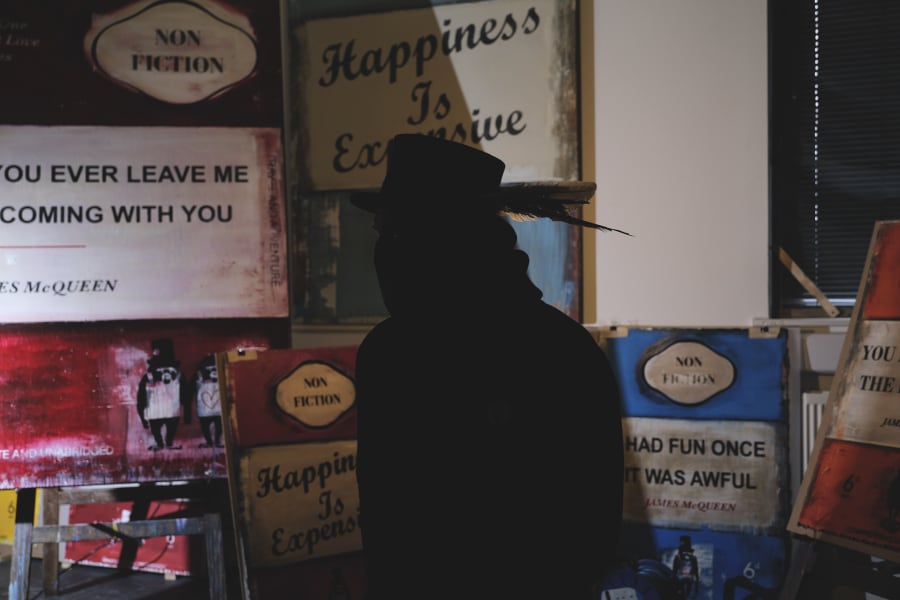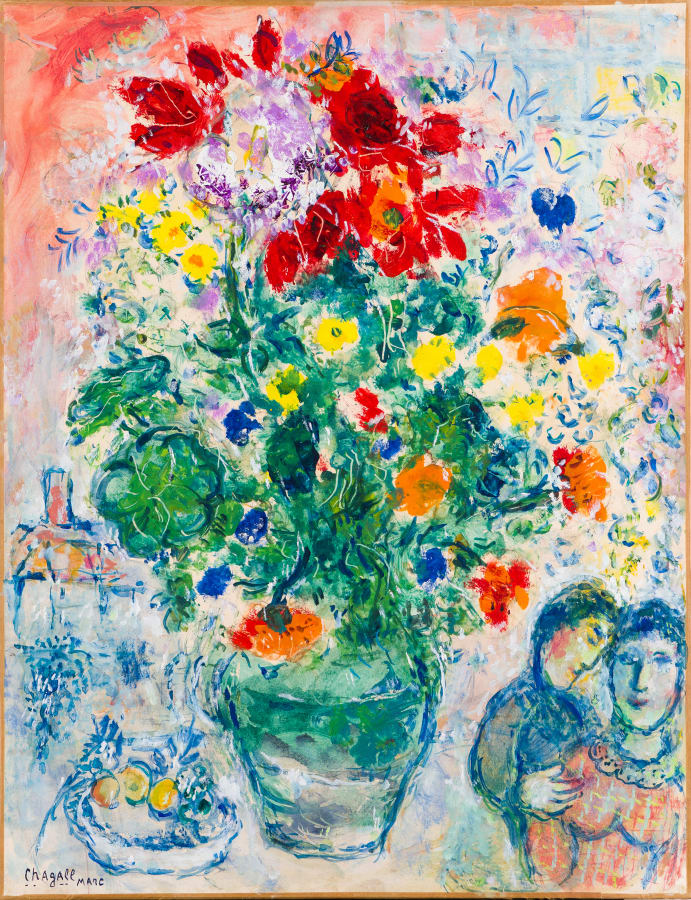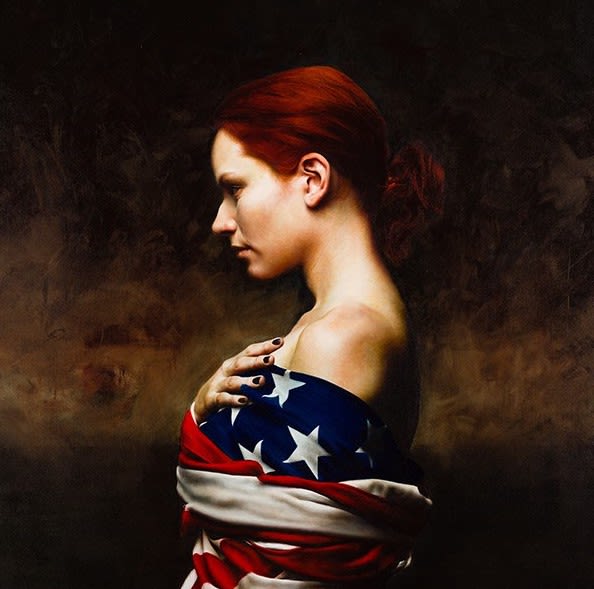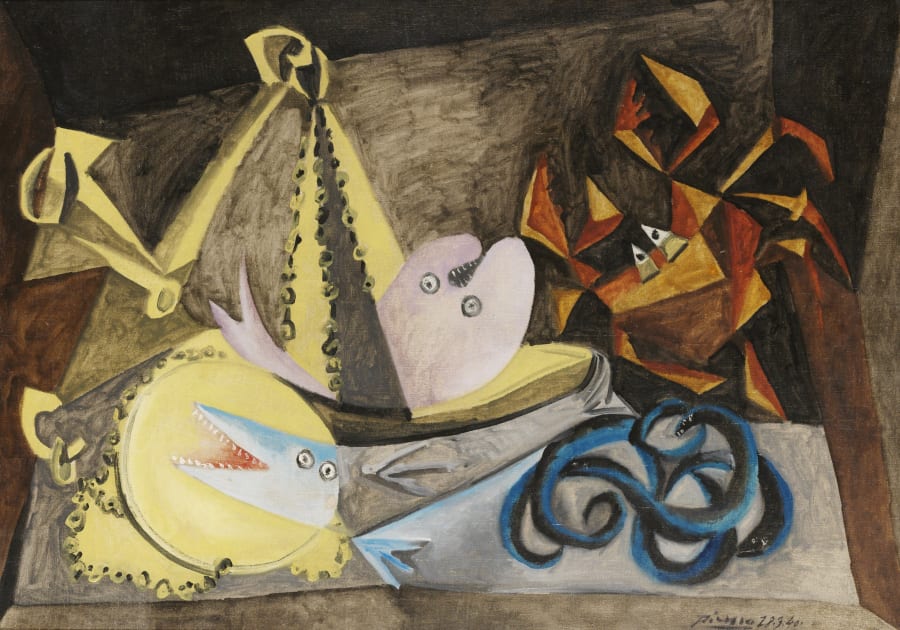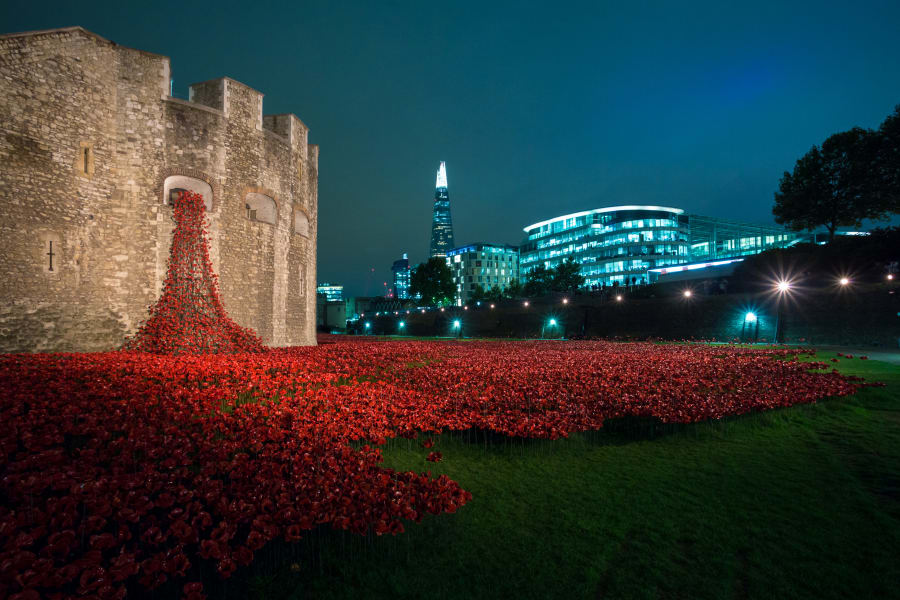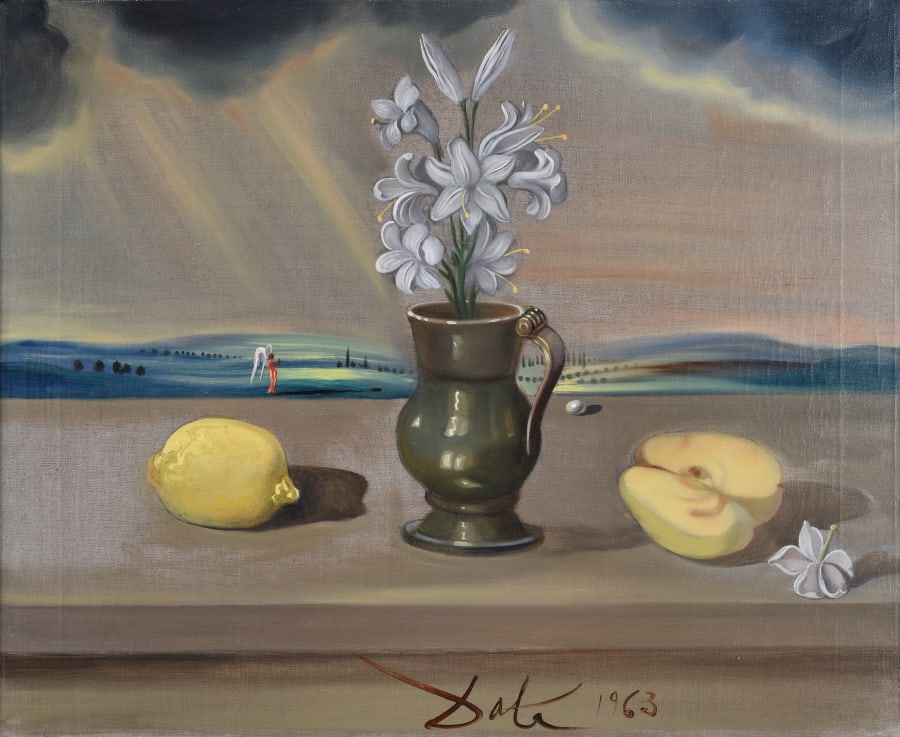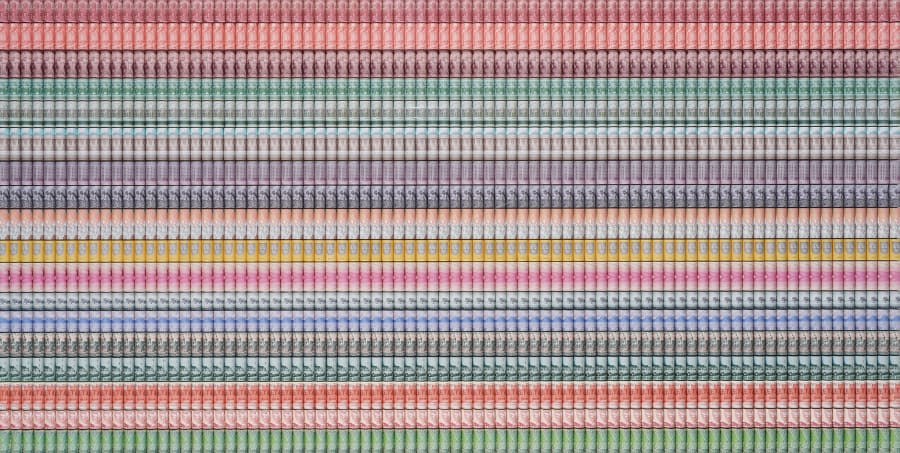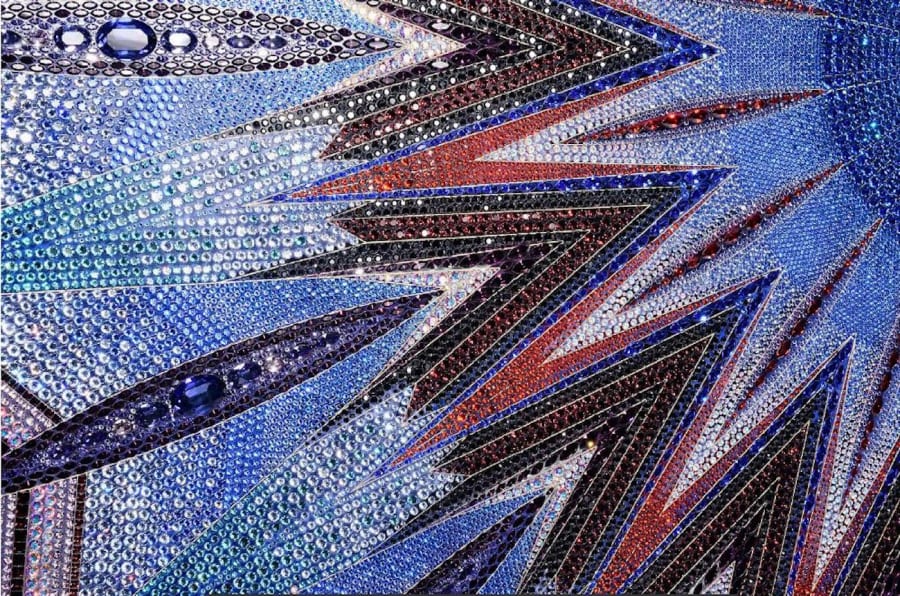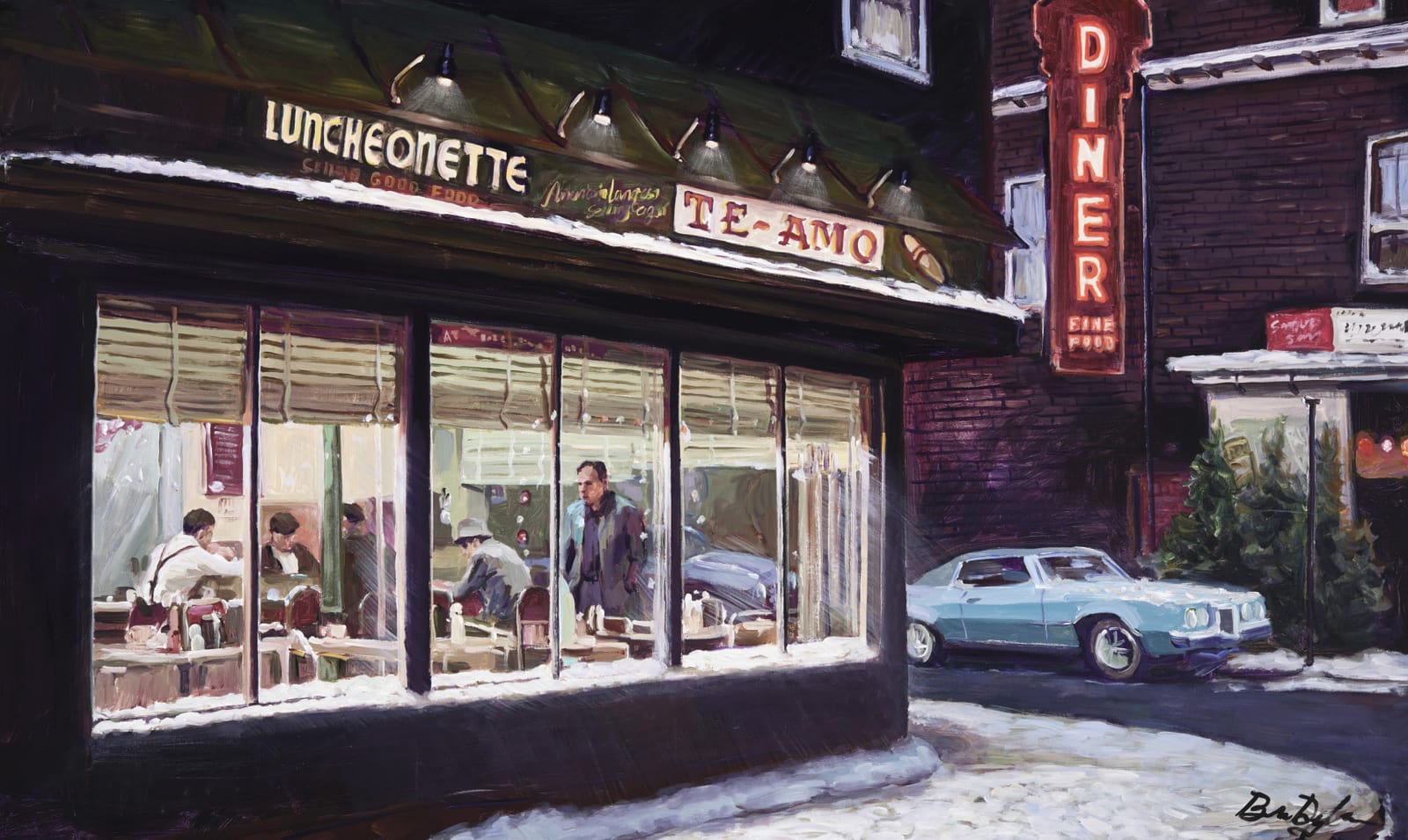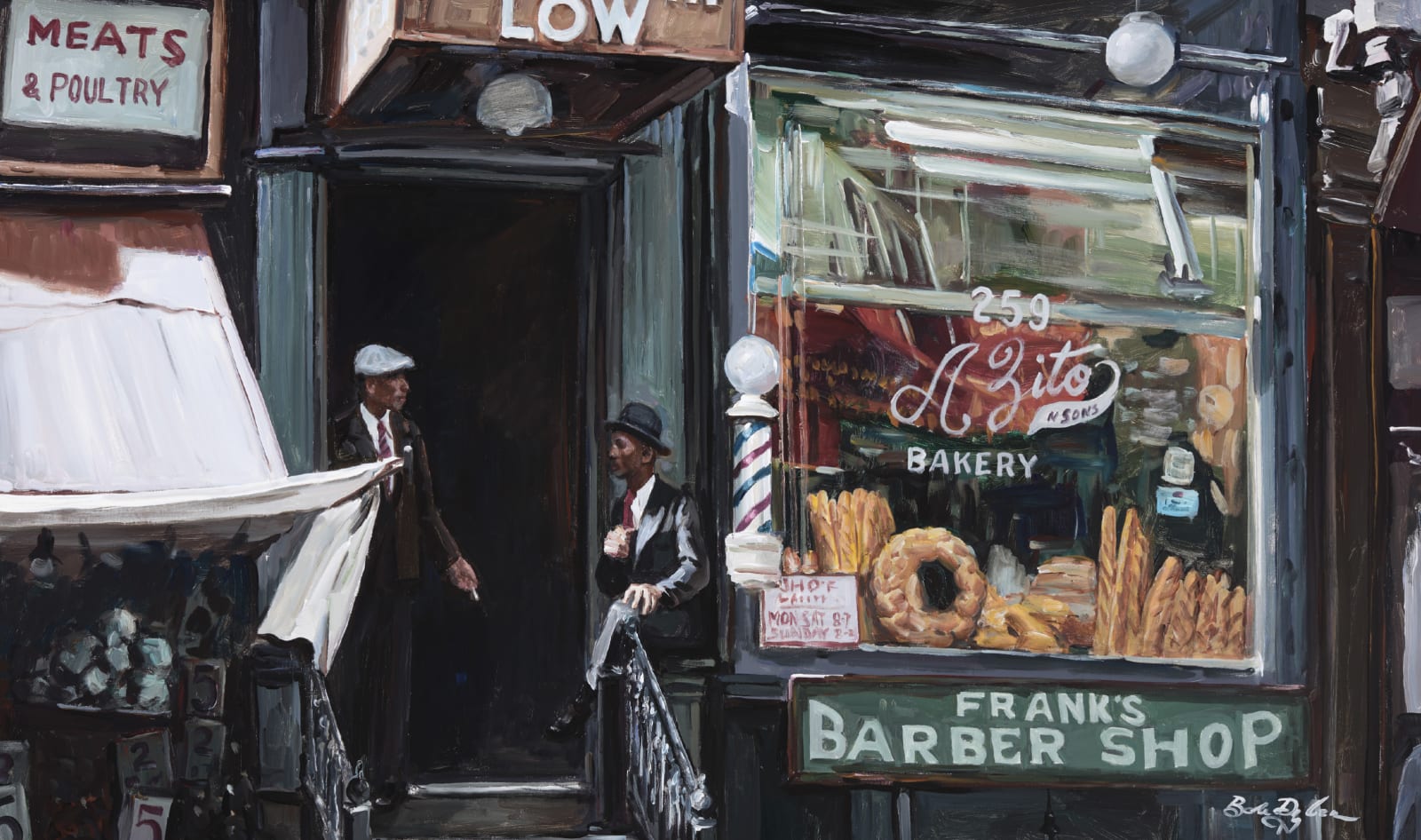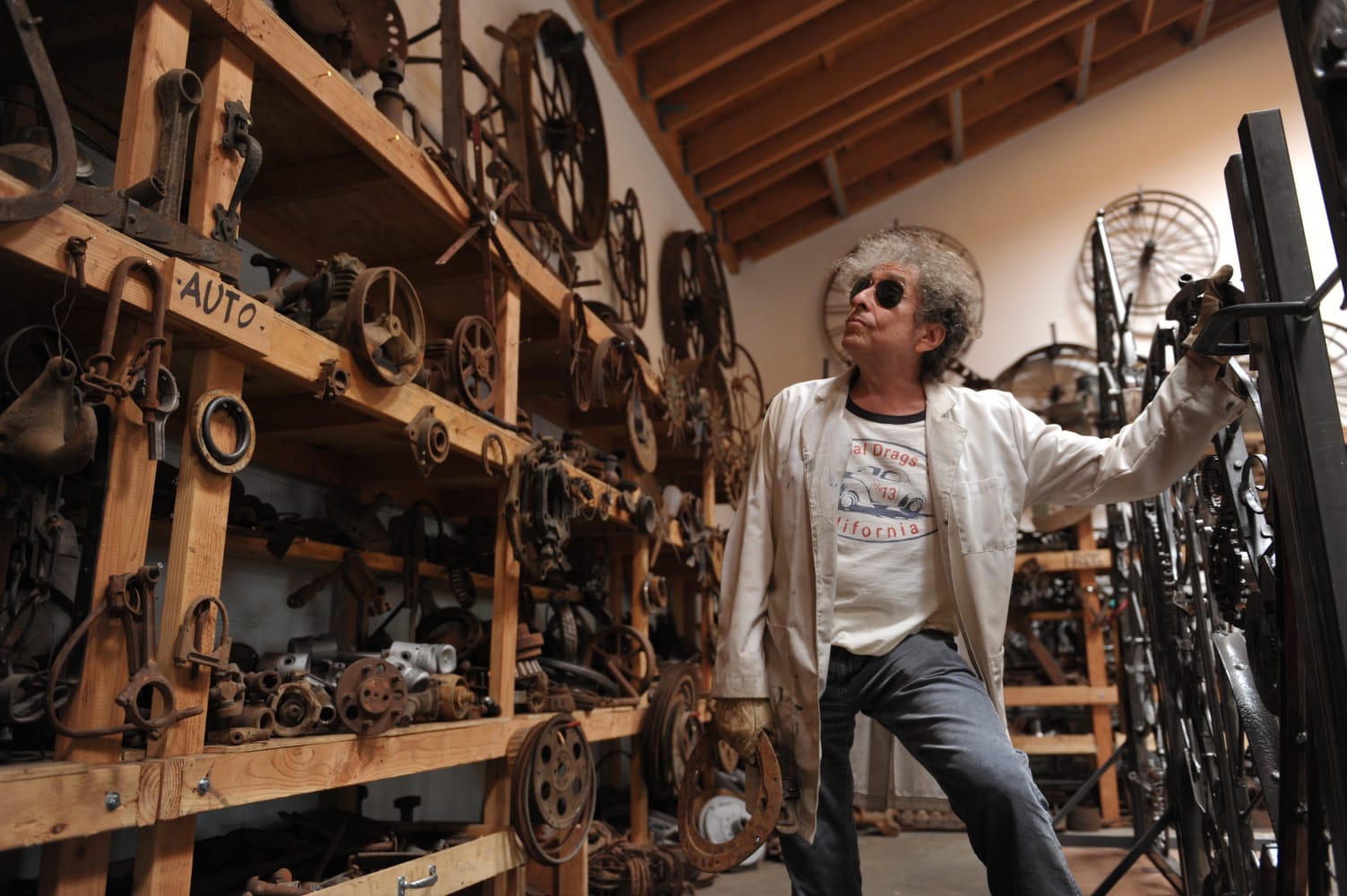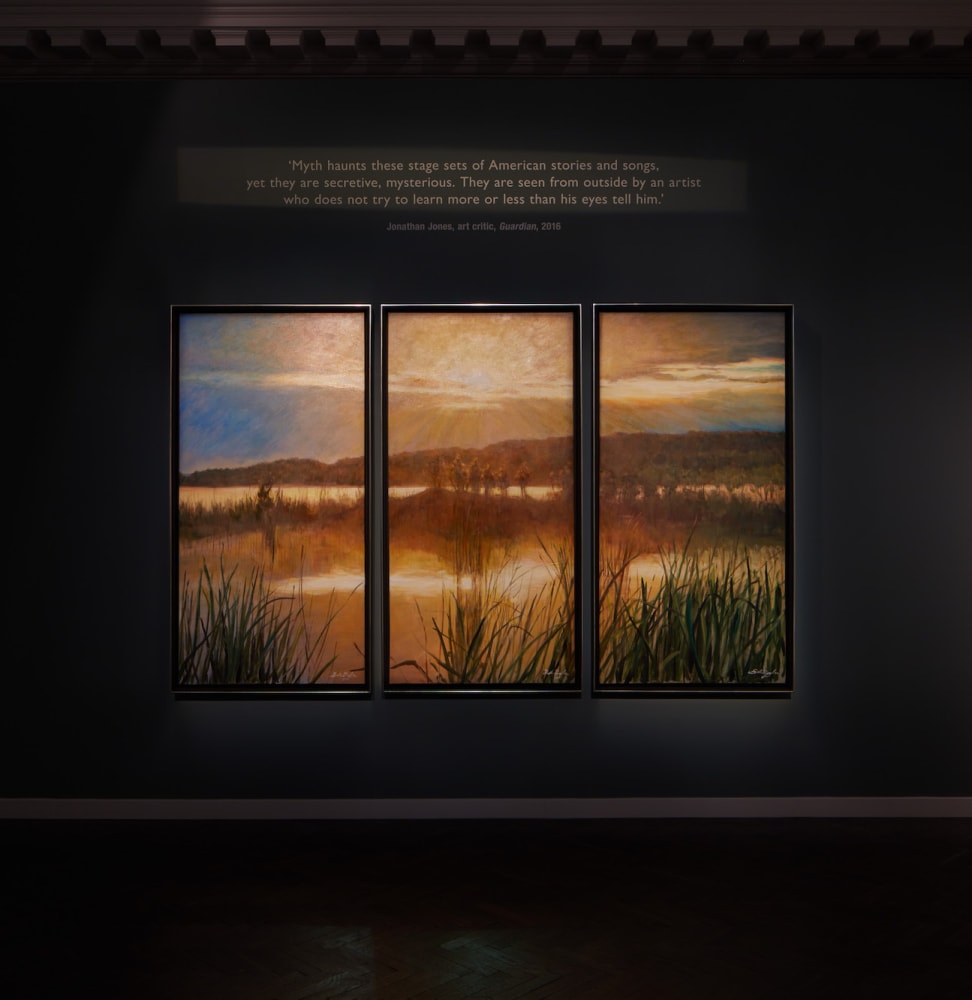Andy Warhol's Mick Jagger screenprints capture the sultry exuberance of Rolling Stones frontman Mick Jagger (b. 1943) at the height of his fame in the decadent and glamorous era of 1970s New York. Warhol met Jagger in the early 1960s, when the Rolling Stones first visited the United States. As the artist recalled in Popism, 'almost nobody in America then had heard of the Rolling Stones - or the Beatles. At Jane Holzer's dinner I'd noticed [David] Bailey and Mick [Jagger]. They each had a distinctive way of dressing: Bailey all in black, and Mick in light-coloured, unlined suits with very tight hip trousers and striped T-shirts, just regular Carnaby Street sports clothes, nothing expensive, but it was the way he put things together that was so great - this pair of shoes with that pair of pants that no one else would have thought to wear.'
In 1975, Warhol developed the technique of incorporating isolated fields of colour and torn graphic art paper into his maquettes for screenprints, which created collage-like effects in the final works, visible here. The blocks of colour add an abstract element to the composition in a nod to Warhol's nascent interest in more non-representational art, which would rise in prominence with the Shadows (1978-1979), Rorschach (1984) and Camouflage (1986-1987) artworks in the years to come.

